I don’t have enough experience with industrial machines to really know what they’re capable of. I’m considering replacing my machine next year and wonder if I should get an industrial machine or not. What’s the difference, besides the price?
Can an industrial machine have a lot of fancy stitches? Do they last longer? Do they have a longer arm, making more room to pass bulky items under the arm? More powerful motor to drive the needle thru more layers? What sort of sewing would I be doing to need one?
Most of my sewing is the mending/alterations type, but sometimes I get involved in a project that could include sewing naugahyde or leather, or doing a small rolled hem on miles of ruffles. I don’t use the fancy stitches often, but they’re nice to have just in case because who knows what I might decide to make tomorrow! I don’t like a wimpy motor that needs to be hand-helped to stitch denim seams.

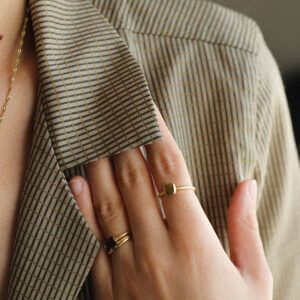
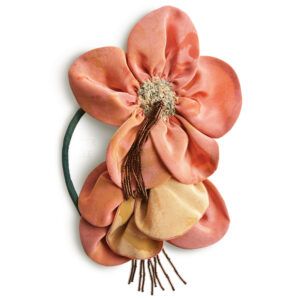
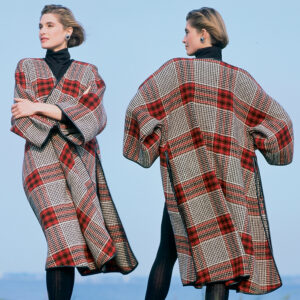
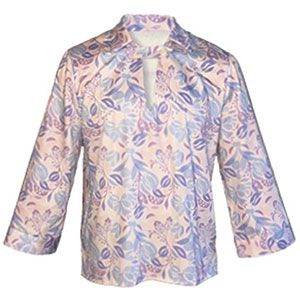
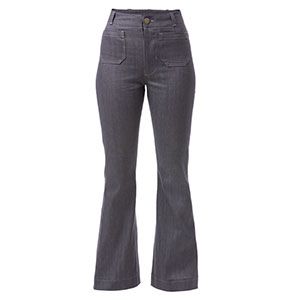
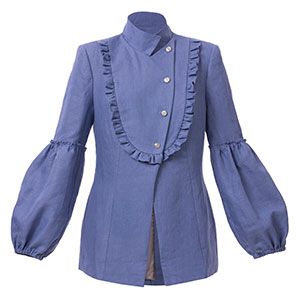
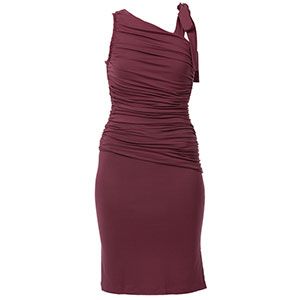
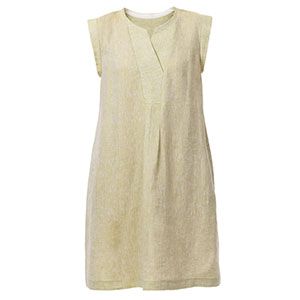
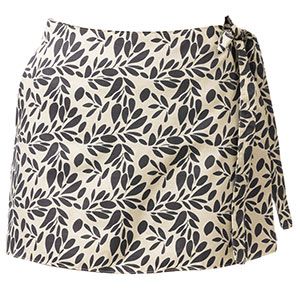
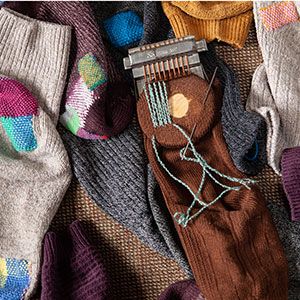
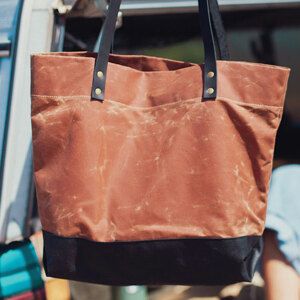
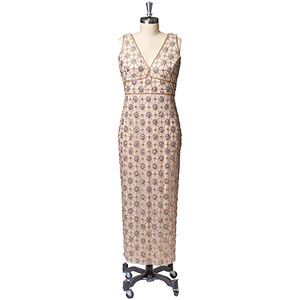
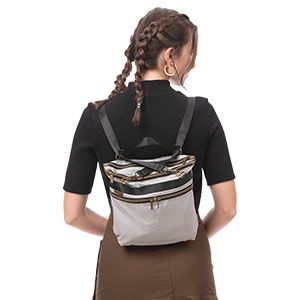
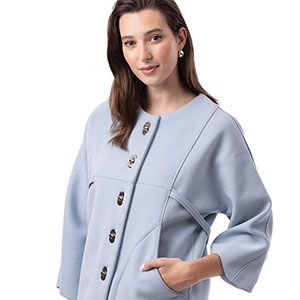
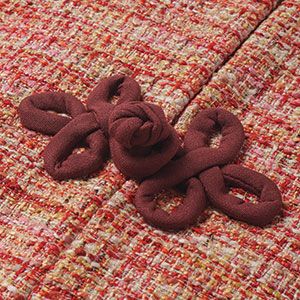
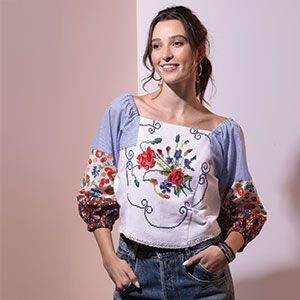

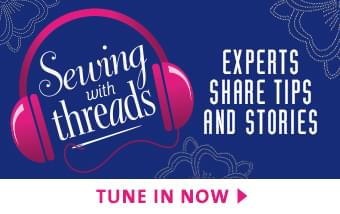

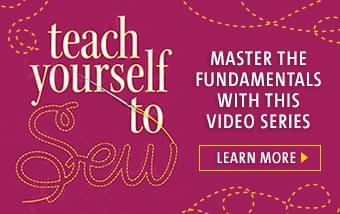



Replies
I personally have different machines for whatever I may need . I purchased a used industrial phaff with a walking foot and it will sew thru anything. I love it for jean hems and upholstery. I have a Rose by Viking , it has any stitch I'd ever want, even embroiders though I tired of that use soon. and a serger which I'm going to replace soon, bought a cheap chinese brand and have never liked it, hard to thread, just not user friendly at all.Industrial machines sew very fast, and are stronger , but don't have many extras. I guess it depends on your budget.What machine do you have and what kind of sewing do you do?
I personally prefer to use industrial machines over domestic machines. The thing is that true industrial sewing machines are designed for one function. I have a Brother Exedra Mark II straight stitch machine that has auto backtack and thread cutoff. This machine will sew through 14 layers of light to medium material with ease. Yet can handle the most delicate of silks. I also have a Pegasus 3-thread serger that I converted for a rolled hem and a Toyota 6-thread serger that has a true safety stitch, a Kansai Special coverseamer, and a Singer blindhemmer.
<!----><!----><!---->
In total I have five industrials but I do have a Brother Innovis that I keep for fancy decorative stitches. I love the dependability of the industrial machines and the speed. My garments have that finished look that you would see out of a factory. This was the aim I wanted to achieve and industrial machines produce just that.
<!----><!---->
The only drawback I found is the cost. They are a lot more expensive but you can pick them up reasonably priced on e-bay or trademe.
<!----><!---->But once you have them, you are hooked. J I cannot see me sewing on a regular domestic ever again. I hope this helps. J
Yes it does help, and thanks for the info. I guess what I want is an "all-purpose" domestic with a good strong motor, as well as all the other good features. I look at the fancy (and pricey!) new computerized machines out there and don't know what to pick. Should I go with a computerized machine or not, and how reliable are they and so on.
My machines that I have now are:
~ a cast-iron 1953 model Singer straight-stitch, that I use for light leather and denim, with heavy thread. It's a tough old-timer and I won't part with it willingly.
~ a Pfaff Hobbylock 796 serger, I love it, and don't know how I managed without it.
~ a Janome 344 which is a fairly basic machine and is the one that will be getting replaced.
By the way, the Singer, Janome, and a Kenmore that I had a few years ago, all took the same needles and bobbins.
I've had the same computerized machine for almost 19 years. I've had no problems with it in that time. I would definitely call that reliable. Technology has progressed so much that I think you could get a comparable machine for third of what I paid for mine, maybe even less.
What kind is yours? I've been reluctant to get a computerized machine because there is so much expensive 'throw-away' technology now, I don't want to have to keep upgrading the sewing machine too.
Mine is a New Home. I planned to get a Bernina, but the ones I tried just did not perform as well. I don't think they make New Home any more, I've forgotten who bought the company. (I might add that I was working for Singer at the time and their computerized machines were just awful.) Although I have noticed people mentioning problems with new softwear, etc. for Embroidery machines, there wasn't anything to add or upgrade for my machine. Mine is a Sewing machine that also does a lot of decorative stitches but I had no interest in complex embroidery, etc. You had asked if computerized machines were reliable, and I have been very happy with mine. Aside from a couple of specialized feet, I haven't had to buy or change anything. It's true that there have been a lot of technological advances since I got it. But, the main result I'm aware of, is that I could now get a comparable machine for a lot less money. I have no complaint, it was worth every penny and it still sews great. I bought it because all the basic sewing just looked better with it. It would be interesting to know if there are other readers who haven't been happy with their computerized sewing machines.
You might like the Bernina 950 or the same model called Tacsew which is a few hundred dollars less. You can see these models at some of the vendors on line. They have something like 20-21 stitches.
Expect to pay for for an industrial model, they usually run over $1000. They also are faster and need a separate external motor and table so more space might also be needed.
If interested in them for a business these would be the models I would like but I love the features of my regular home sewing machines.
You might wish to check out the Juki and Singer industrial models.
Thanks for the info and sharing your experiences with those machines. I will check out the ones you mentioned when I get a chance. As I said, I'm not in a hurry to get a new machine, but wanted to have a better idea of what to get.
This post is archived.